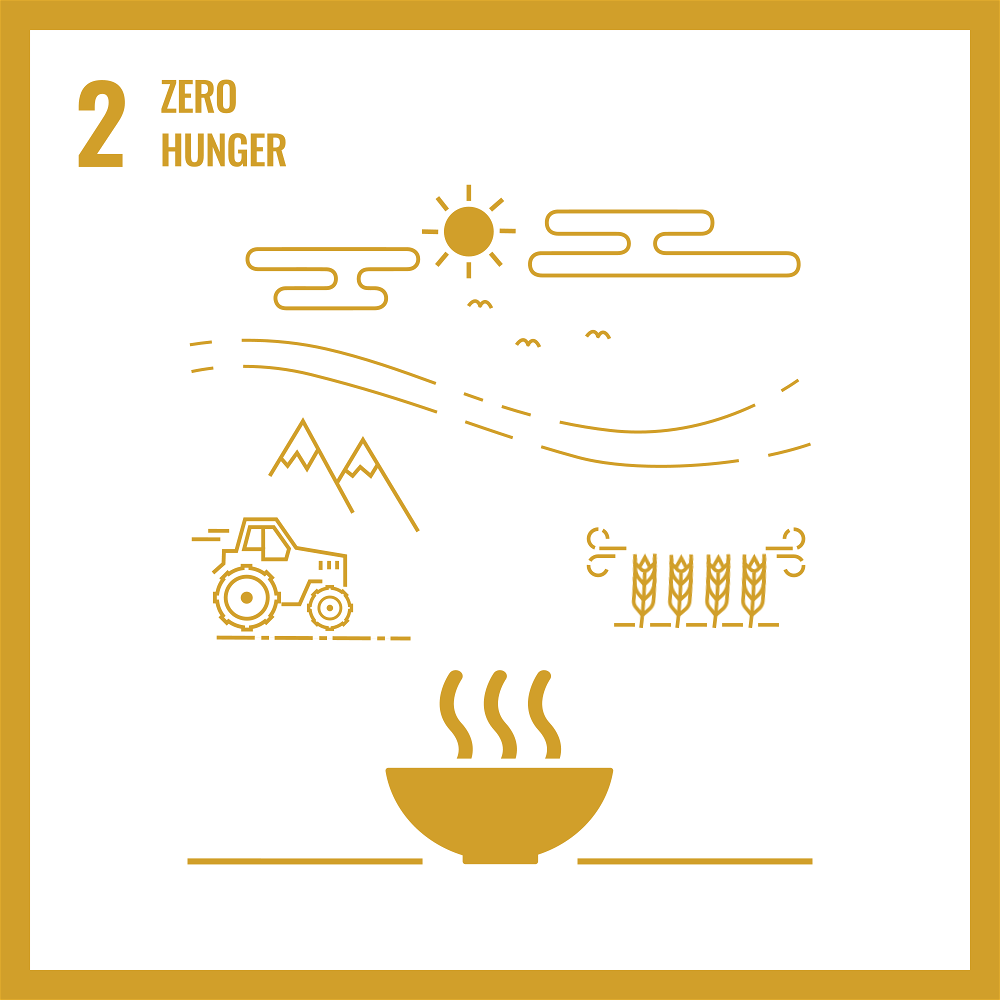Zero hunger

sustainable development goal 2
ZERO HUNGER
Campus food waste is a significant issue in university environments, where overproduction, uneaten portions, and improper food management contribute to unnecessary waste. This is directly related to SDG 2: Zero Hunger, which aims to end hunger, achieve food security, improve nutrition, and promote sustainable agriculture. Universities can address this by implementing strategies like meal planning, portion control, food recovery programs, and composting, reducing waste and promoting sustainability. By tackling food waste, campuses can help ensure more efficient use of food resources, contribute to food security, and support sustainable food systems. | Campus food waste |
SDG 2: Student Hunger at TIIAME NRU At TIIAME National Research University (TIIAME NRU), addressing student hunger is a priority in line with our commitment to SDG 2: Zero Hunger. We recognize that food insecurity can negatively impact students' academic performance and overall well-being. |
SDG 2: National Hunger at TIIAME NRU TIIAME National Research University (TIIAME NRU) is committed to contributing to the achievement of SDG 2: Zero Hunger at the national level. We recognize that food insecurity remains a significant issue in many regions, and we aim to address it through a combination of research, education, and practical initiatives that support sustainable agriculture and food security across Uzbekistan. | National hunger |

